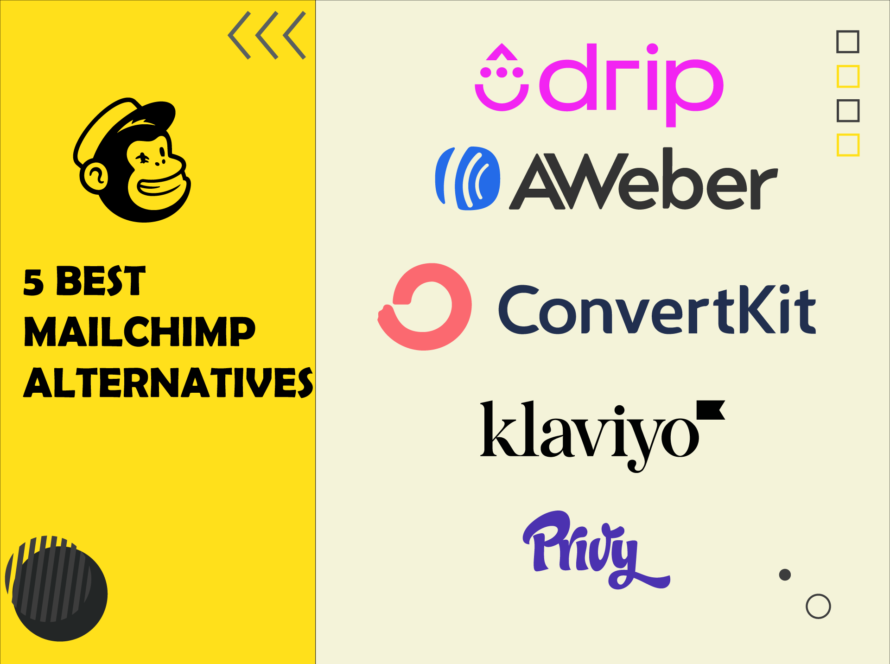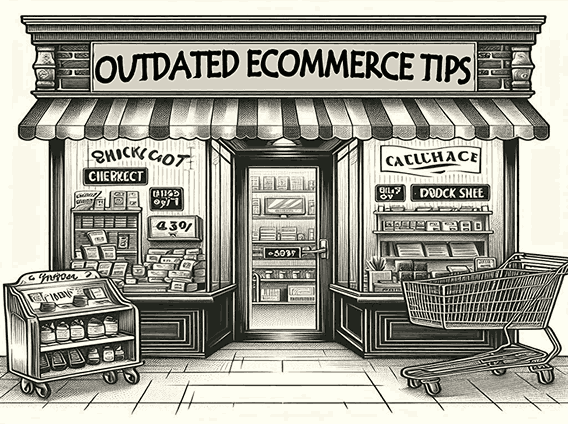LinkedIn is a beautiful place for professionals! A full-fledged social media network that people could use to build personal brands showcase portfolios, and capitalize on opportunities, projects and leads for their businesses.
Could it be any better?
However, despite how amazing it is, people and organizations (working under the table) are scamming people even here on this strictly professional platform.
In today’s read, we’re going to discover some of the most common, despicable, and yet sophisticated LinkedIn scams.
LinkedIn Scam 1: 419 Scam
Have you been getting those emails from Nigerian princes or Russian princesses asking your help to bring a gigantic amount of money from their home country to your bank account?
Sounds elementary?
No, no, no, the 419 scam is much more sophisticated than that.
It’s a challenge to see if you’re the kind of person who falls for get-rich-quick schemes.
These people always begin with a pitch about some “investment” that they want to offer you. Then they’ll tell you that their money is stuck somewhere in a foreign account and that they need your help to bring it to your country.
They will sometimes ask you to pay a fee in advance for the proceedings, pressuring you to act quickly.
Once you fall for it, you’ll get to send your hard-earned money off to some mysterious stranger in a far-off land.
And in return, you’ll receive… absolutely nothing.
But hey, at least you’ll have a great story to tell at your next party.
Just kidding. If you receive such a message, you should:
- Stop communicating with the scammer.
- Do not send any money to the scammer.
- Report the scam to the authorities.
Despite that, 419 is one of the most easily spottable LinkedIn scams out there. The others on the list are way more sophisticated and hard to catch for your average Joe.
LinkedIn Scam #2: Phishing Via Fake Job Offers
Whenever you’re approached by a recruiter, your heart might skip a beat—with anticipation as to what opportunity they have for you.
After all, isn’t that why we all use LinkedIn?
And, understandably, you’re supposed to offer your personal information and contact details while submitting an application.
But don’t just do that for any Tom, Dick and Harry.
There’s a possibility that you’re being tricked into a phishing scam.
These scammers craft messages that tug at your heartstrings, tickle your ego, or exploit your fear of missing out.
They’ll not just stop at being a recruiter for an offshore company or something in the league of Tesla. They can also impersonate your former boss, a professional colleague, or even your long-lost college roommate, all in the hopes of tricking you into handing over your precious personal information or, worse, your hard-earned cash.
They’ll redirect you to a fake site that closely resembles the original one, and boom—you’re scammed if you put in your details!
What should you do?
- Send an email to the official website or the HR personnel of that company and share a screenshot to learn if the offer is legit.
- Once you find out you’re being tricked, you must block that person.
- But before blocking that person, report that account and ask everyone to do the same.
LinkedIn Scam # 3: Upgrade Your Profile
You’ll receive a reasonably official-looking message from a very sophisticated profile informing you that you need to upgrade your profile to keep using this platform.
They’ll even tell you that your account will terminated if you don’t do it.
They will ask you to click a link and as soon as you do that, you’ll be prompted to fill in your personal information, such as birthday, social security number, or financial information.
Since updates are a regular part of social media platforms, one might consider this to be real.
This makes it one of the most threatening scams. And frankly, the not-so-bright-lot can easily fall for it.
LinkedIn Scam #4: Do You Want Love?
There are some nastiest human beings out there who’d want to take advantage of you by exploiting your yearning for companionship or lust.
Thus, this makes it one of the most heinous LinkedIn scams out there!
These scammers will often come in attractive packaging—using a profile picture of a Turkish model or something, and approach you romantically.
They’ll not just scam you right away.
They’ll build a solid personal connection with you. They will ask you to talk to them on another encrypted platform like Whatsapp or Telegram (so that they can continue scamming you even if their account is reported and banned).
Once you’re there, nobody can save you.
They’ll send you AI-generated nude pictures, videos, and whatnot just to tickle your fancy.
They’ll make you spill secrets, listen to your trials and tribulations, and then ask for personal details, financial information, and anything they could use to rob you.
Eventually, if you resist, they’ll blackmail you, too, because, frankly, you can’t sext without sending something from your end.
If you come across something like this, block the person and report their profile.
Then go to your family and friends and realize that you don’t need a stranger to love you—when you have so many people who care about you!
LinkedIn Scam #5: Invest In Crypto For A Secure Future
Crypto is the future, crypto is this, crypto is that. Crypto, crypto, crypto.
I come across this word more than my own name, and this crypto starts feeling cryptic to me.
Not denying that crypto investments do come with hefty returns but it’s not a solid science that goes by the book. It’s Fugazi that needs luck, skill, and experience to earn.
You’ll be approached by investment cons, asking you a quick route to success, making you a millionaire (or something lesser than that) overnight.
They have these secret schemes that they claim worked for them like a charm.
(Like, bro, if you’re that rich, why are you here making an effort to sell me something with such desperation?)
Anyway, they’ll sound like they know a lot about cryptocurrency and promise you a money-making operation model that will make you a king within a matter of days.
They’ll show you earnings that are not there. They’ll trap you in all that technical jargon that doesn’t make sense even to the people who are technically well-versed in cryptocurrency and blockchain.
With lucrative offers, phenomenal ROI, and a persuasive pitch, they’ll want you to invest where they say.
And as soon as they do, you’ll lose it all.
I’m not sure if you’d ever experience overnight success, but you surely will experience overnight failure if you fall prey to these crypto-savvy, cheesy salespeople.
So stay away from this one. The pitch is complicated, so this makes it the most difficult-to-catch LinkedIn scams happening frequently across the platform.
Hope You Stay Safe From These LinkedIn Scams
So there we have it! The most notorious LinkedIn scams that you should stay miles away from. Won’t be appropriate to ask you which one was your favorite, but you get the point.
LinkedIn is a powerful tool for professionals, but it’s essential to be aware of the scams that exist on the platform.
By being vigilant, you can protect yourself from these scams and continue to use LinkedIn to its full potential.





